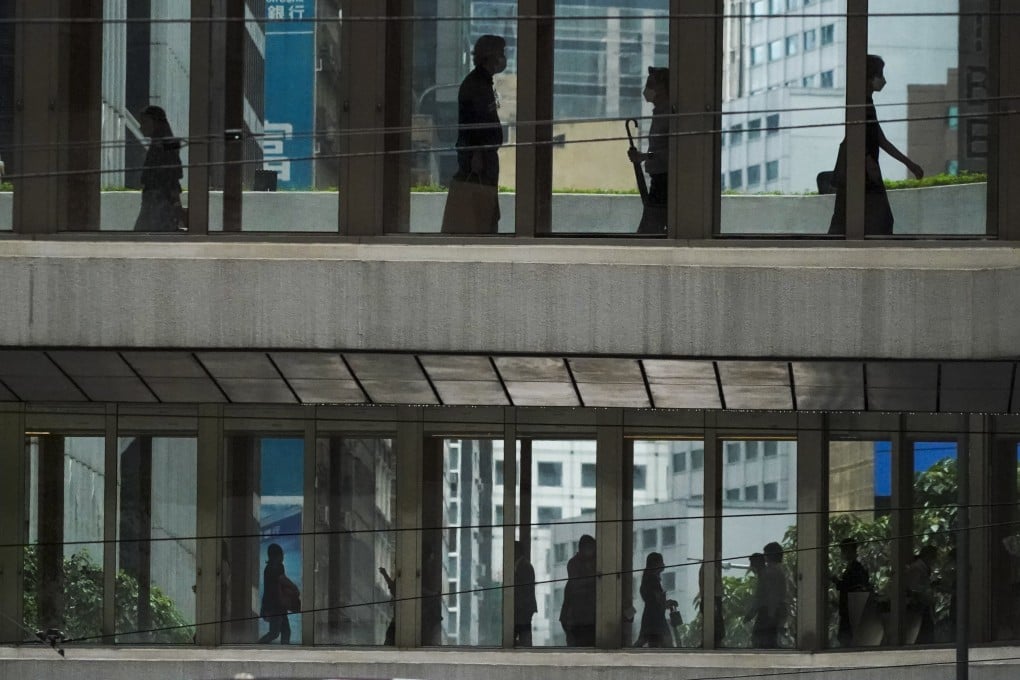Letters | Hong Kong talent ‘trawl’: why pay to export graduates to the mainland?
- Readers discuss the Greater Bay Area youth employment subsidy scheme, and the growing reach of Nato.

On March 1, the government announced the launch of the regularised Greater Bay Area Youth Employment Scheme. Companies operating in Hong Kong and the mainland cities of the Greater Bay Area are eligible to join the scheme. The government will grant a monthly allowance of HK$10,000 per employee to companies which hire Hong Kong graduates to work in the mainland cities for 18 months and which offer a salary of at least HK$18,000.
I wonder how using public money to push graduates to the mainland can help retain local talent. Moreover, I do not see other Greater Bay Area cities offering similar subsidies to encourage their talent to work in Hong Kong. Aren’t the Greater Bay Area cities supposed to work together?
This scheme aims to broaden Hong Kong graduates’ horizons by offering them opportunities to live and work elsewhere in the Greater Bay Area. Learning more about the Greater Bay Area and our motherland can definitely enhance our youngsters’ competitiveness.
However, for Hong Kong to benefit in the long run, these youngsters should then transfer the knowledge gained from the mainland back to our city.